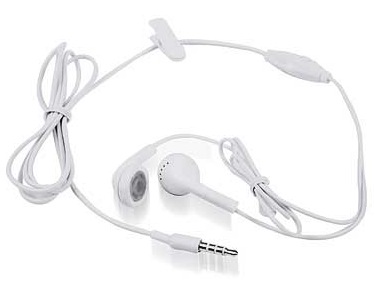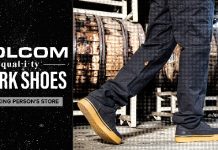Should you listen to music while on the job, or not? It’s a question employees consider more and more in this digital age, and it’s important for employers to consider as well. Developing a workplace policy for listening to music, among other workplace safety policies is a good recommendation for employers, for reasons of productivity as well as safety.
There’s an argument to be made that workers are more motivated at work when they are listening to music. Especially in quieter, non-hazardous environments, like an office. Music can mask background noise, so the employee can focus, and it also improves the employee’s mood and productivity. Some employees even have a better perception of their company as a result. So in these cases, using a personal listening device, like an iPod, can actually be a benefit to both employer and employee.
But in other situations, the use of personal listening devices, like an iPod, could be a cause for concern, or even an outright negative. And thus, should be avoided or outlawed. Communication is not improved when an employee is listening to music. This is obvious. When you’re listening to music, you’re not talking to your co-workers with the same undivided attention. And you might not be able to hear a supervisor’s instruction.
So a good indicator of whether music is beneficial to workplace productivity can be found in one simple question: Are you working alone, or with others? In job tasks where employees work on their own, music can be beneficial. But working with others has its drawbacks. And then there’s the consideration for warning alerts and the noise of operating equipment. If these are impediments to your safety, that needs to be taken into account as well.
There are no regulations or standards in place regarding personal listening device use in the workplace. There aren’t even recommendations from trade organizations or other invested groups. In fact, there is very little research on this topic at all. But workplace safety and hearing safety organizations like the National Institute for Occupational Safety and Health (NIOSH) and the National Hearing Conservation Association (NHCA) have weighed in with their thoughts.
For employers who are considering a policy on personal listening devices, there are four basic considerations to take into account. The first is safety. (Safety first!) Workplace safety extends further than the use of personal protective equipment (PPE), protective clothing such as high-visibility and fire-resistant workwear and accessories. Is the workplace a safe place to allow iPod use? Can workers hear all the things they need to hear if they are listening to music (such as the beeping of a forklift as it backs up, or the grinding gears of a malfunctioning machine?) Can workers hear safety messages that are broadcast or communicated by fellow employees? If there’s a problem, will the employee be able to hear it? These are all important questions to ask, right off the top.
Second, it’s important to evaluate communication. Does the employee need to regularly communicate with co-workers or supervisors? If so, can this be done over the sound of music, or does the music need to be eliminated?
Third, think about what kind of jobs functions are suited for music use. Can the job be done effectively while listening to music, or would it impede productivity? For instance, a forklift driver should probably not be listening to music, but someone on the packaging line might be very capable of doing their job while listening to music, and in fact, their performance might be enhanced by doing so (as discussed earlier). Or, there might be other jobs where operating specialized equipment requires listening in order to monitor its operation. In this case, music would obviously be an impediment. Your employees might see this as unfair, but this is why it is important to explain the reasons to them.
And finally, consider the other noise reaching the employee’s ear. Is it an extremely loud work environment (such as operating loud equipment), where the volume of the iPod would need to be turned up to the point where hearing damage could be incurred? This could lead to a costly worker’s compensation claim, and would be wise for the employer to simply outlaw it beforehand.
Noise induced hearing loss (NIHL) is indeed a real problem. And in fact, music-induced hearing loss (MIHL) due to personal listening devices like an iPod are also on the rise as more people use these products. It is wise for employers to come up with policies regarding their use in the workplace, both for hearing loss and productivity loss reasons.
To get your own personal protective gear, visit Workingperson.com. For more safety information continue reading articles brought to you by Workingperson.me.




